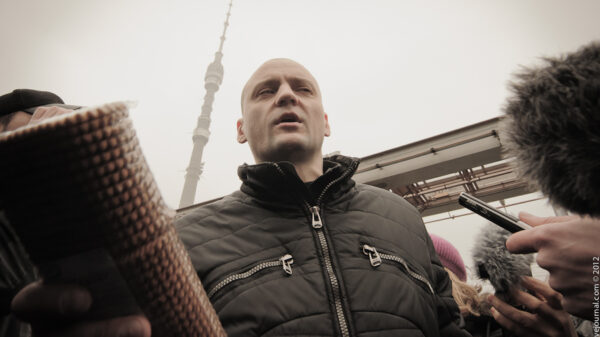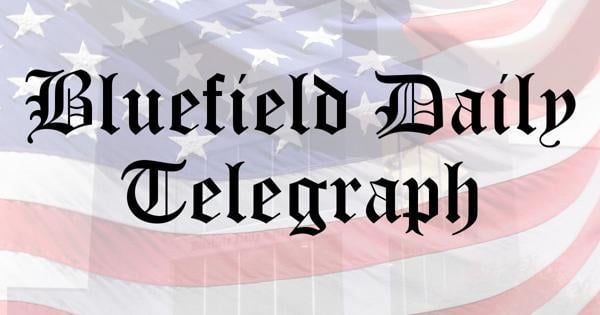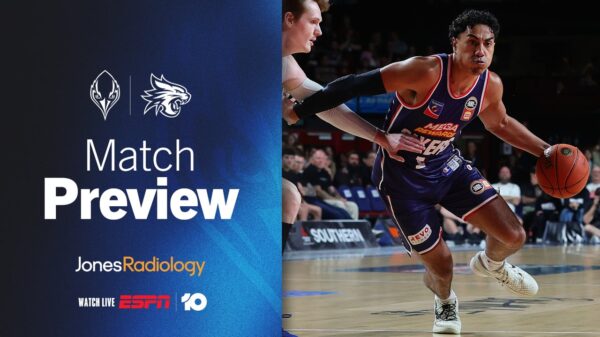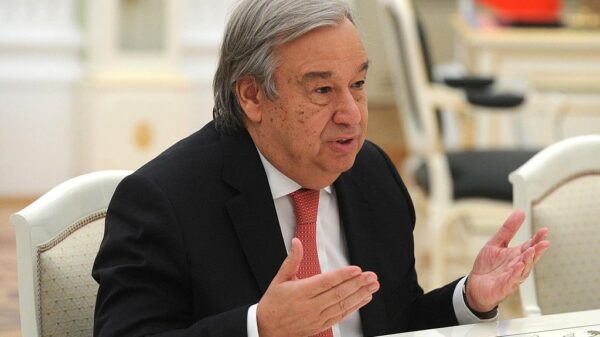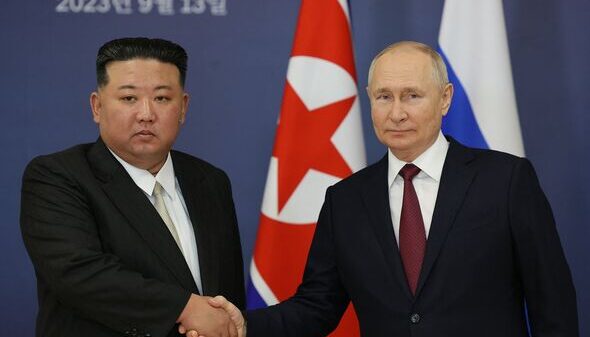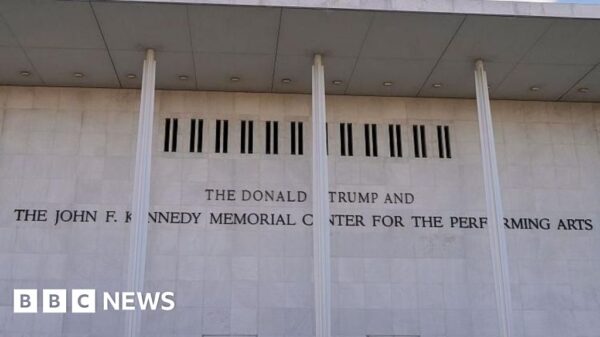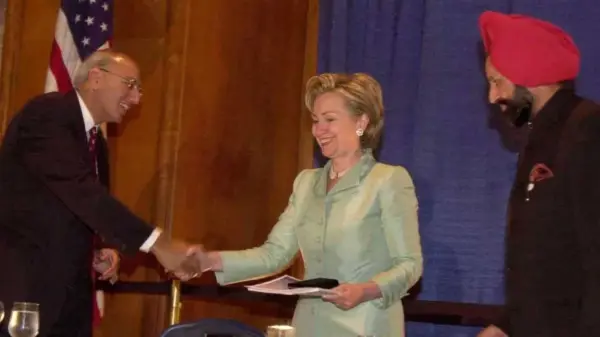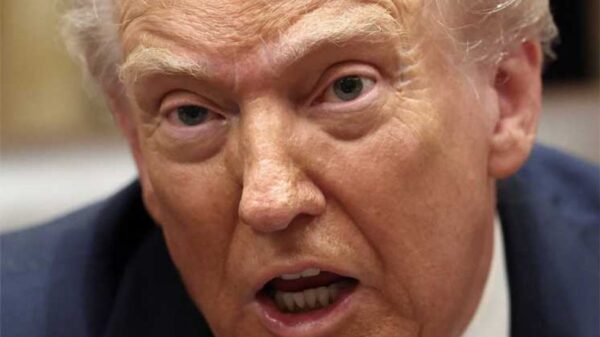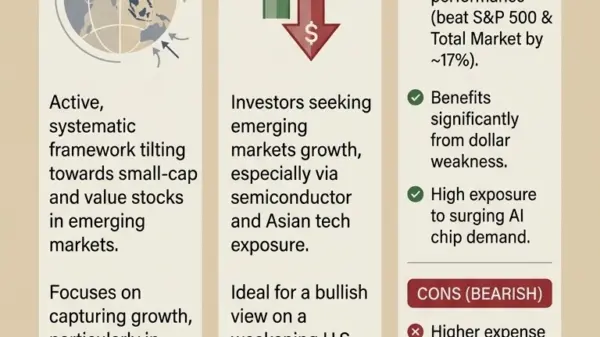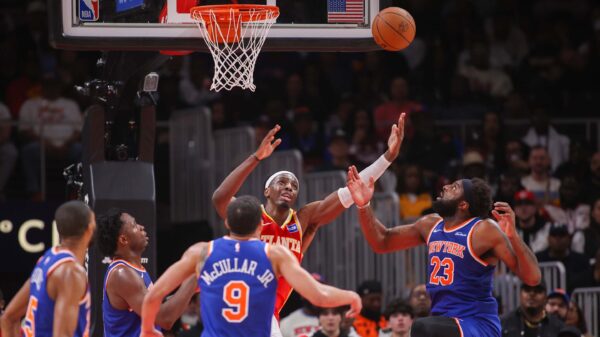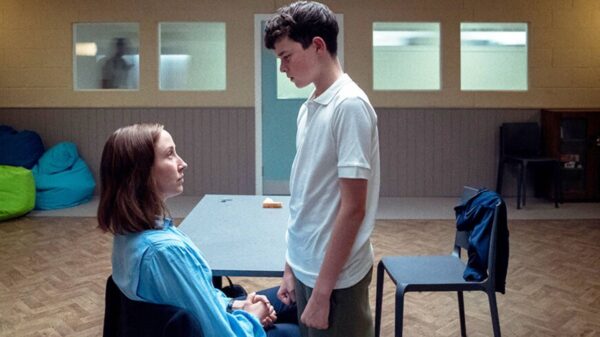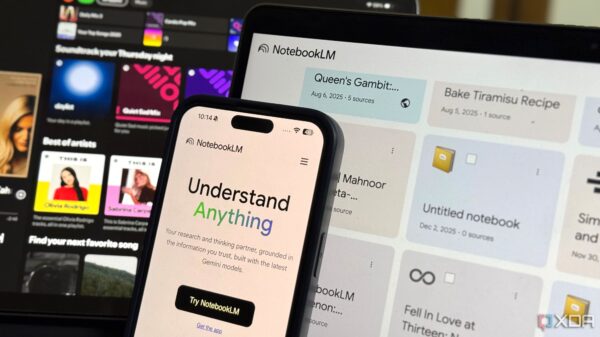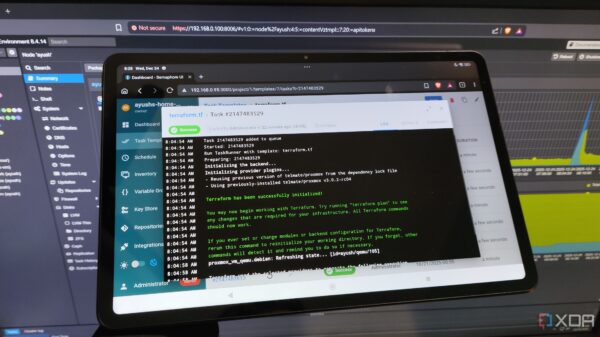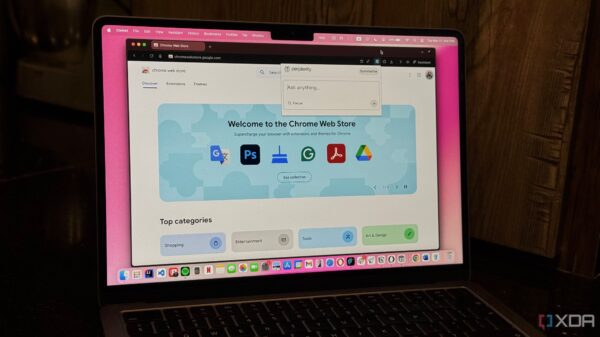UPDATE: Chaos erupts in the ticketing world as speculative ticketing—commonly known as “ghost tickets”—plagues the sale of World Cup tickets. Many fans are now grappling with the uncertainty of whether their purchased tickets actually exist, raising urgent concerns about the integrity of secondary ticket platforms like StubHub and SeatGeek.
In a shocking revelation, tickets are being listed on these platforms for exorbitant prices—some even nearing $20,000—yet many sellers don’t possess the tickets at all. This practice is termed speculative ticketing, where sellers list tickets they don’t actually have, often before the official sale begins. Just last week, a digital line opened for World Cup tickets, and within minutes, tickets were appearing on StubHub at outrageous prices, despite being far from prime seating locations.
Much to the dismay of fans, these ghost tickets often go unnoticed until it’s too late. Buyers can be left scrambling for alternatives at the last minute, especially if they have already invested thousands in travel and accommodations to attend a game or concert. A case in point is Lucas Humble from Kentucky, who found out his tickets for a concert were canceled just hours before the show—leaving him without options and out of pocket.
“They refunded it quickly, but they didn’t offer any backup tickets,” Humble lamented.
The issue has escalated to a point where even high-profile artists and organizations are voicing their concerns. Andrew McMahon, frontman of the band Something Corporate, called speculative ticketing “a scam” and demanded stricter regulations. The Government Accountability Office has also taken notice, indicating that thousands of fans are affected annually by this troubling trend.
According to ticketing experts, the practice has grown rampant due to the digital age, allowing for easier speculation than ever before. Wayne Forte, president of the National Independent Talent Organization, pointed out that the transition to digital has enabled widespread speculation on tickets that may not even exist yet.
“Speculative ticketing is fundamentally misleading to consumers,” said a spokesperson from Ticketmaster, which has called for tighter regulations to protect buyers.
With the announcement of the bipartisan TICKET Act currently making its way through Congress, there is hope for a potential crackdown on this practice. However, critics caution that loopholes could still leave consumers vulnerable, especially given the complexity of the ticketing landscape.
As ticketing platforms like Vivid Seats and SeatGeek continue to grapple with the fallout, they have pledged to improve transparency. A Vivid Seats spokesperson stated, “We are committed to providing the industry’s best and safest ticket purchase experience.” Yet, many fans remain skeptical.
In the wake of these developments, consumers are urged to exercise caution when purchasing tickets from secondary markets. The reality is stark: many fans may find themselves at the mercy of speculative practices, often without any recourse except a refund—far too late to secure other tickets.
As the 2026 World Cup approaches, fans should remain vigilant and consider official channels for ticket purchases. With the potential for ghost tickets looming, the emotional toll on fans is significant, leaving many feeling frustrated and anxious as they navigate this confusing landscape.
With ticketing chaos at an all-time high, the urgency to address the ghost ticket epidemic has never been clearer. Keep an eye on developments from FIFA and ticketing platforms, as this story continues to evolve.

